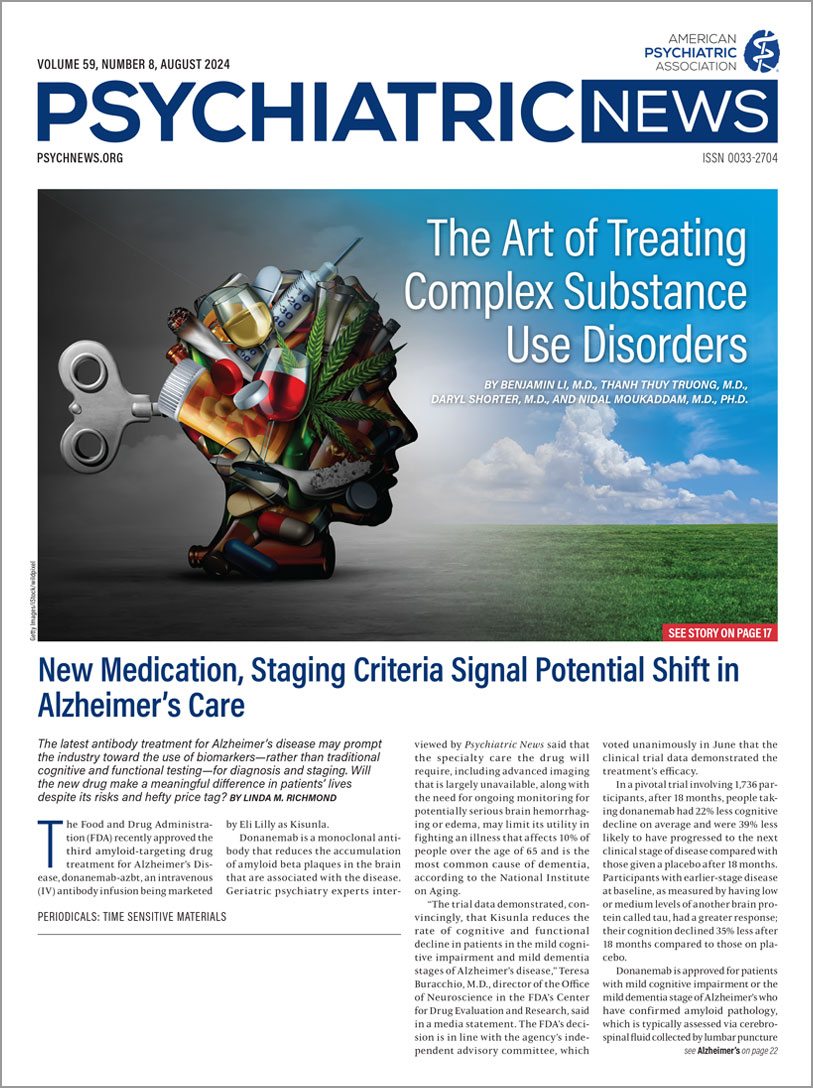When I was in medical school, there was this thing called Twitter that people were using to follow celebrities and the news. I dabbled in it, mostly for celebrity gossip, but if you would have told me at the time that it would help my career, especially my academic one, I would’ve laughed in your face.
No one told me there were merits to social media, mostly because it was new and there really weren’t any, but also because academics scoffed at anything outside the traditional. If it wasn’t a lecture or publication, it wasn’t valued.
However, something told me that mentality was wrong, and I tried to get into social media anyway. Call it obstinance, or even foresight, but I dipped my toe in by watching other doctors who used it and used it well. Just like any good student, I observed, and then I tried it myself (think: See one. Do one.). I incorporated what I liked into my style, and slowly my following grew over time.
Now, more than 10 years and 50,000 followers across platforms later, I am one of the
poster children for psychiatry on social media. I have used it to amplify my writing and research, be invited to grand rounds, get interviewed by journalists, and so much more. I wish there was a clear formula to success that I could impart, but here, at least, are a few lessons learned between the hashtags and likes:
A Blank Slate Won’t Help
Observing doctors who were successful on social, I noticed that they talked about their lives, not just their work and self-promotion of it. People followed them because of who they were, not because of their expertise or ideas alone. That concept ran contrary to the Freudian viewpoint of being a blank slate and the academic one of our work speaking for itself.
Initially when I joined Twitter, I had a personal account and a professional account. The professional one was Dr. Jessi, and Dr. Jessi talked about mental health and her work and research. The personal one was locked and private, where I shared “me” with my friends. Not only was it confusing to keep separate accounts and made me feel I was of a split mind, but also it didn’t help my following. People wanted to know more about me, and the only way I was going to do that was to get rid of my personal account and make my professional one, more, well personal.
Those boundaries have shifted and flexed over time and within the comfort of my roles and institutions, but when I started to talk about my own therapy or medication, or included stories about psychiatry from my own experiences, people started to follow me. As it turns out, they appreciated and wanted the human side of our work. It might not feel right for everyone to be as open as I have been, but even sharing the reason behind your research question or emphasizing your mission is more than just a paper and the data can reveal. This is particularly important in psychiatry where I think patients can feel hesitant to get help from our field in part due to our historical reputation or their negative previous experiences, situations that being approachable to patients online can help. Knowing we are humans doing the work might make even one more patient less scared to ask for help, and that matters.
It Is Actually a Skill
Even if social media feels like something you can dabble in and achieve success, you need to invest hard work for improvement, just like anything else you do. My very first tweet was a link—no description, no information, just a link. It looked like a bot sent it, and followers had no reason to trust me and even click the link, let alone know a reason to do so. The fact that I can even critique it now means I learned something about what makes a post more successful. I should’ve explained why the link was interesting and important, within the context of the things I care about and discuss on social—in other words, my mission.
We should not shy away from using social media because it is “not academic” or “can get us in trouble.” Instead, we should teach it. It isn’t going away, and neither are celebrities and influencers who talk about mental health incorrectly and even dangerously. If we learn to use social media and use it well, we can help prevent or stop misinformation and destigmatize mental health: We can be part of the solution.
You Get What You Put in, but Take Breaks
Everyone always asks me how much time social media takes—it takes hours a week if you want to attract followers—but in my experience, you absolutely get what you put in. If you interact more with others, your network will grow. For instance, I have a rule that if you reply to a piece I wrote or you repost it with your thoughts, I will always comment back to you about it. I also follow psychiatry trainees during the Match process and posts about matching into psychiatry. These are ways I grow my network and interact with the people on it, but to put it simply, I’ve found that if you post regularly and talk to others on social more, people will know whom they are following and why, and you will get more followers. That helps even if the purpose is for your research to be seen by more people—given the amount of work you put into your research, you deserve to attract more eyes for it.
That being said, social media is not without its downsides. There are trolls seeking to be disruptive, and for psychiatry, if you talk about electroconvulsive therapy (ECT), for example, you will run up against a lot of anti-psychiatry people who are quite hateful. “Mute” is always helpful in these instances (different from “block,” in which users are aware that you blocked them), but so is mindfully using social media and being aware that it can, and does, affect your mental health. Pay attention to grinding your teeth or staying up late scrolling, and take breaks. I’ve had to do that, including deleting the apps off my phone at times, and it has helped. Ignoring the mental health toll doesn’t make the impact go away.
It Is Called a Social Network for a Reason
My favorite aspect of social media is that you can make real friends and connections from it. Those connections can be helpful for many reasons, such as having a cup of coffee with someone in a different city when you are there to present grand rounds or being invited to co-write a paper, give a talk at their program, or even write a popular press piece together. (These are all things I have done as a result of social media connections that helped me in the real world of academic medicine.) Through social I have met journalists who have interviewed me for pieces and other health care workers whom I would never have had the opportunity to meet otherwise, in psychiatry and outside of it. This is particularly helpful for finding mentors who have interests outside of work similar to yours and might not be at your institution (like me with writing, for example), and social really broadens your reach of who is in your support network.
I will always be grateful to social media and all it has given me and my career as well as for what I hope I have given to others. I hope you feel persuaded, at least, to give it a try if you haven’t already! ■

